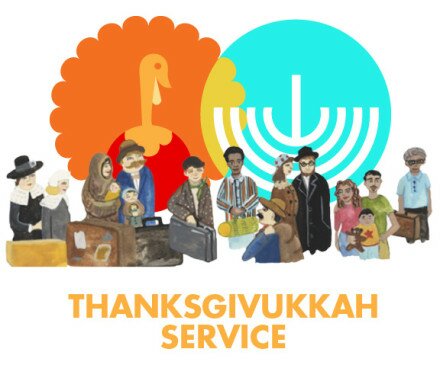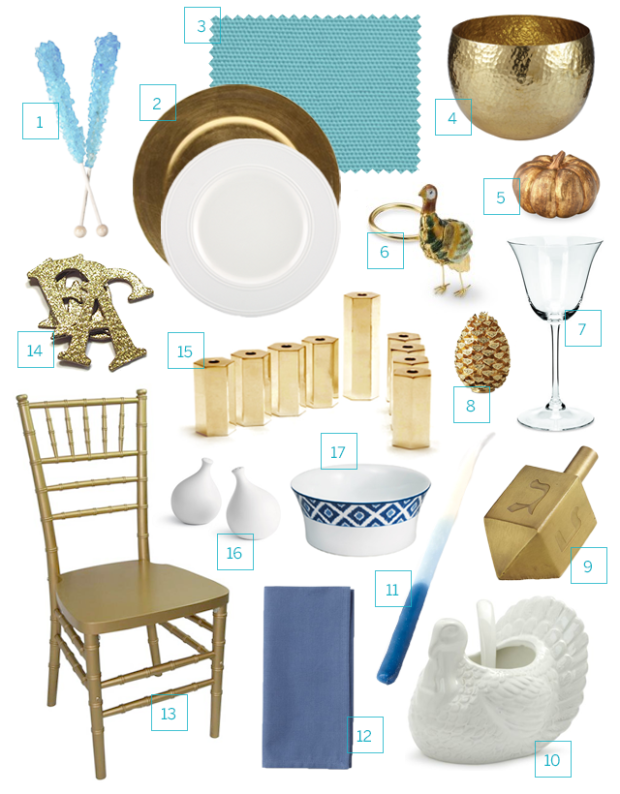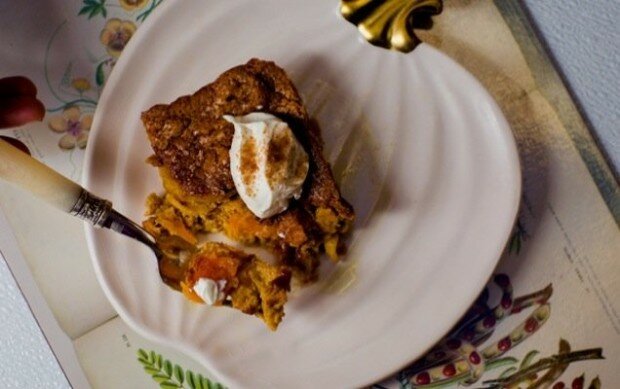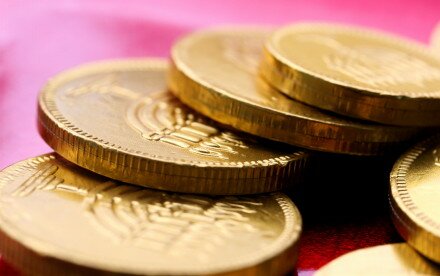By Rabbi Alison Adler
What are the rules on how we are supposed to give presents on Hanukkah? Every night or only on the eighth? Is this a Jewish tradition? If so, what’s Jewish about it?
When my mother was a kid, they celebrated Hanukkah the old-fashioned way: After lighting the candles, mom’s parents would give her some chocolate gelt, a dreidel and maybe a coin. And that was it. But in raising her own children, mom used to say—jokingly, I think—that we kids were entitled to one major Hanukkah gift each year…on Christmas Day!
 Mom couldn’t stand the idea that all of our non-Jewish friends were about to receive magnificent windfalls of toys, while we got nothing. Indeed, she reasoned, it would be hard to imagine a better way to make a small child resentful of his or her Jewishness.
Mom couldn’t stand the idea that all of our non-Jewish friends were about to receive magnificent windfalls of toys, while we got nothing. Indeed, she reasoned, it would be hard to imagine a better way to make a small child resentful of his or her Jewishness.
Therein lies the short answer to your question: The “tradition” of giving presents during Hanukkah was provoked by the long shadow that Christmas casts over Jewish homes. And nowhere is this shadow longer and darker than in America, where holiday gift-giving is a national obsession. Historians suggest that the consumerist side of the holiday began to develop in the mid-19th century, and it’s possible that Hanukkah gift-giving began about the same time.
Of course, like all things Jewish, the long answer is not so simple. For the tradition of giving gelt, or money, is apparently an older practice whose origins are unclear. An excellent article by Natasha Rosenstock on MyJewishLearning.com cites scholar Eliezer Segal, who has turned up sources mentioning that European Torah students used to give gelt to their teachers. Segal suggests that this practice was perhaps inspired by semantic and etymological connections between the Hebrew word “Hanukkah” (dedication) and the Hebrew word chinnukh (education).
Doubtless, the practice arose because teachers were not allowed to receive money for teaching Torah. Evidently, some students and communities began giving money as a gift at Hanukkah time. And very likely, some young students began to receive money as well—thus creating a custom of giving money to children.
But, says Rosenstock, today’s brand of Hanukkah gift-giving is rooted in the 1950s, when Jewish leaders were determined that post-Holocaust Jewish children should be happy to be Jewish at holiday-time, rather than miserable, resentful and jealous of their friends.
Increasingly, however, many Jewish parents are not comfortable showering their children with gifts. Some prefer to follow the older custom of giving gelt. They give a dollar the first night, two the second night and so on. This adds up to $36—and happily, the number 36 is “double chai” (18 is the numerical equivalent of chai, the word for “life” in Hebrew). You might encourage your children to give some of that money to tzedakah (“righteous giving” from the Hebrew root tzedek, meaning “justice”) and then take your children shopping to choose gifts with the rest of the money, thereby making them aware of how much things cost.
From a Jewish perspective, charitable donations are by far the best Hanukkah gifts to give to other family and friends. Be sure to send cards (perhaps made by your children) with information about the organization, so recipients will know that your gift was thoughtful and made with them in mind.
 Rabbi Alison Adler is the rabbi at Temple B’nai Abraham, a Conservative synagogue in Beverly.
Rabbi Alison Adler is the rabbi at Temple B’nai Abraham, a Conservative synagogue in Beverly.
Got questions? We all do. That’s why we’ve gathered some of our amazing local rabbis to answer our queries about the ins and outs of Jewish living. Read their responses and ask your own questions.
Looking for more of a family focus this Hanukkah, with less input from the big stores? Try Eight Nights of Hanukkah Family Time, as recommended by InterfaithFamily.















